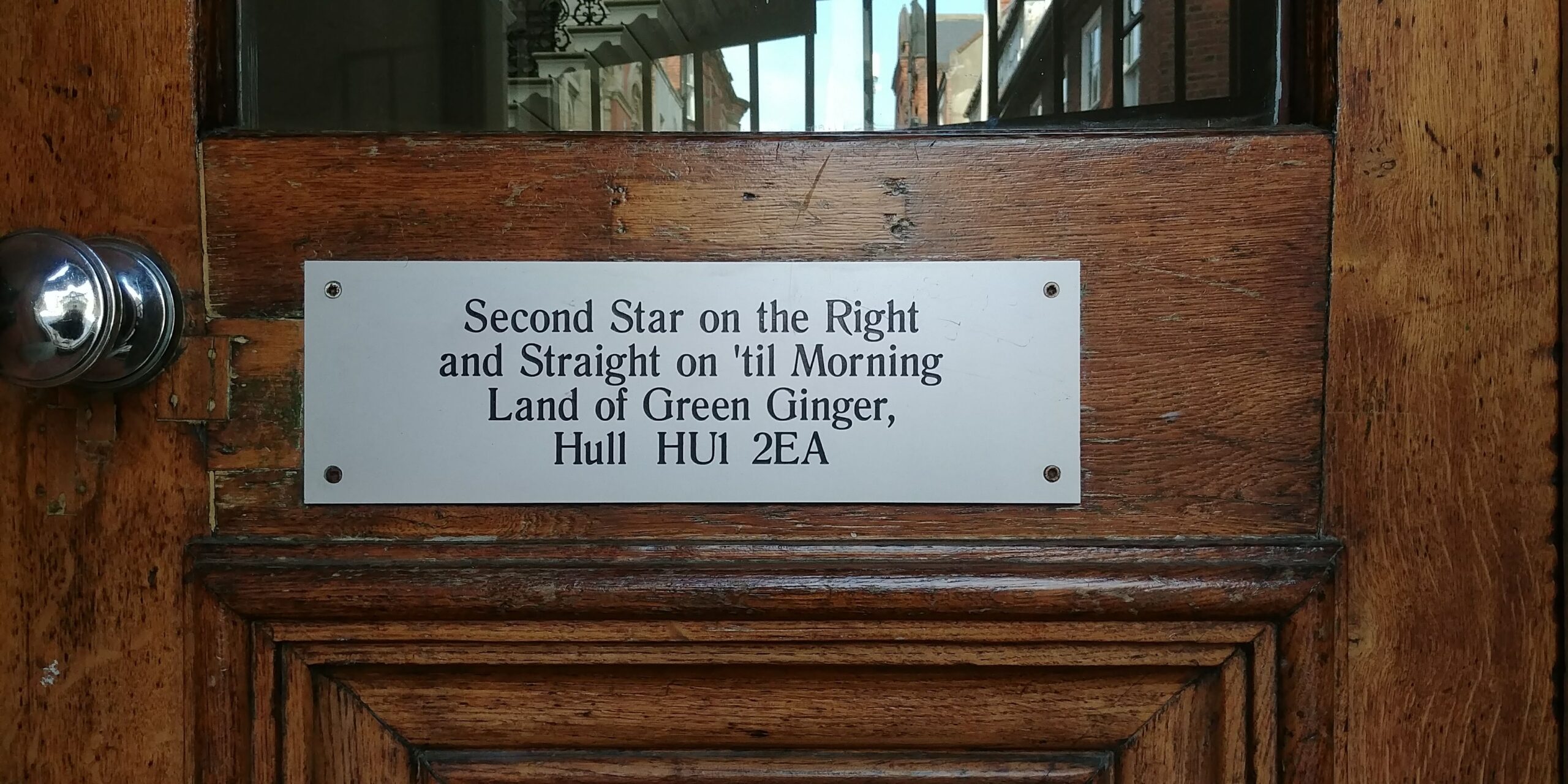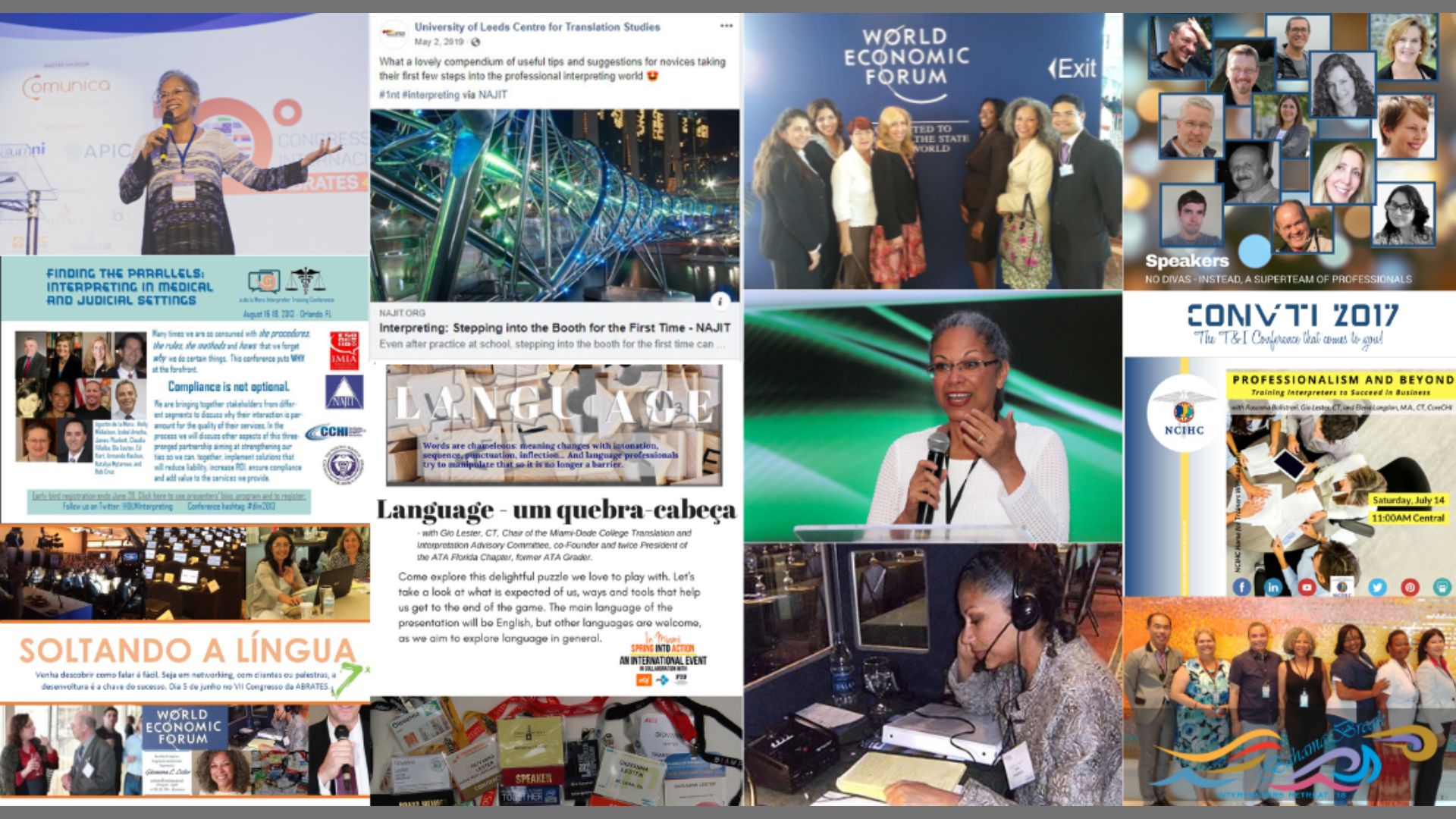A reflection on my journey as a language professional.
Celebrating my 45th professional anniversary feels surreal. It’s a milestone that prompts reflection on my journey as a language teacher, translator, and interpreter. Since 1980, I’ve had the privilege to not only navigate cultural-linguistic landscapes but also to advocate for the profession, and to mentor members of the next generation of language professionals.
An International Odyssey
From bustling conference centers in the US to serene meeting halls in Peru, or university lecture centers in England, my work has taken me on an exhilarating odyssey. As a translator and interpreter, I have had the pleasure of being paid to learn (my #1 passion) while researching for assignments, and to see my work bring people together at international events and through publications by breaking linguistic barriers.

The role of an interpreter at international gatherings is often akin to being an invisible diplomat. I’ve facilitated communication in high-stakes negotiations and contributed to meaningful exchanges that have impacted the future of nations or professions, such as at the World Economic Forum and WHO Pediatrics Summit. This profession has taught me the art of listening, the power of words, and the importance of cultural sensitivity.
As a translator, my goal is to help clients—government agencies, businesses, or individuals—get their message across with linguistic clarity, cultural insight, and achieve the intended outcome with their publications.
Advocacy for the Profession
My journey has also been marked by a deep-seated commitment to advocating for the profession and raising awareness of the role language professionals play in various facets of our lives.
I have had the honor of being general secretary and then president of the Brazilian Association of Translators and Interpreters, interim vice president of the National Board of Certification for Medical Interpreters, editor of the NAJIT Observer, program director of the Bahamas Translators, co-founder and president of the Association of Translators and Interpreters of Florida, and the administrator of the American Translators Association Interpreters Division—roles that helped me better understand our needs.
Through those associations, I’ve engaged in dialogues that aim to elevate our profession. I’ve had the pleasure of collaborating with like-minded individuals who share a vision of a future where language professionals are seen not just as service providers, but as essential contributors to language access.
Nurturing the Next Generation
Mentorship has been one of the most fulfilling aspects of my career. Each mentee has brought fresh perspectives and a renewed enthusiasm that is contagious. It’s been immensely gratifying to watch them grow and flourish. Mentorship is a two-way street; as much as I’ve shared my experiences, I’ve also learned from my mentees about new technologies, emerging trends, and the evolving landscape of our profession.
A Journey Fueled by Passion
Reflecting on these 45 years, I realize that what has kept me going is the simple joy of having fun. Every challenge, every interaction, and every achievement has been fueled by a genuine passion for language and communication.

As I look to the future, I am excited to continue exploring new opportunities, advocating for our profession, and mentoring those who will carry the torch forward. My journey is far from over, and I am eager to see where the next chapter will lead.

